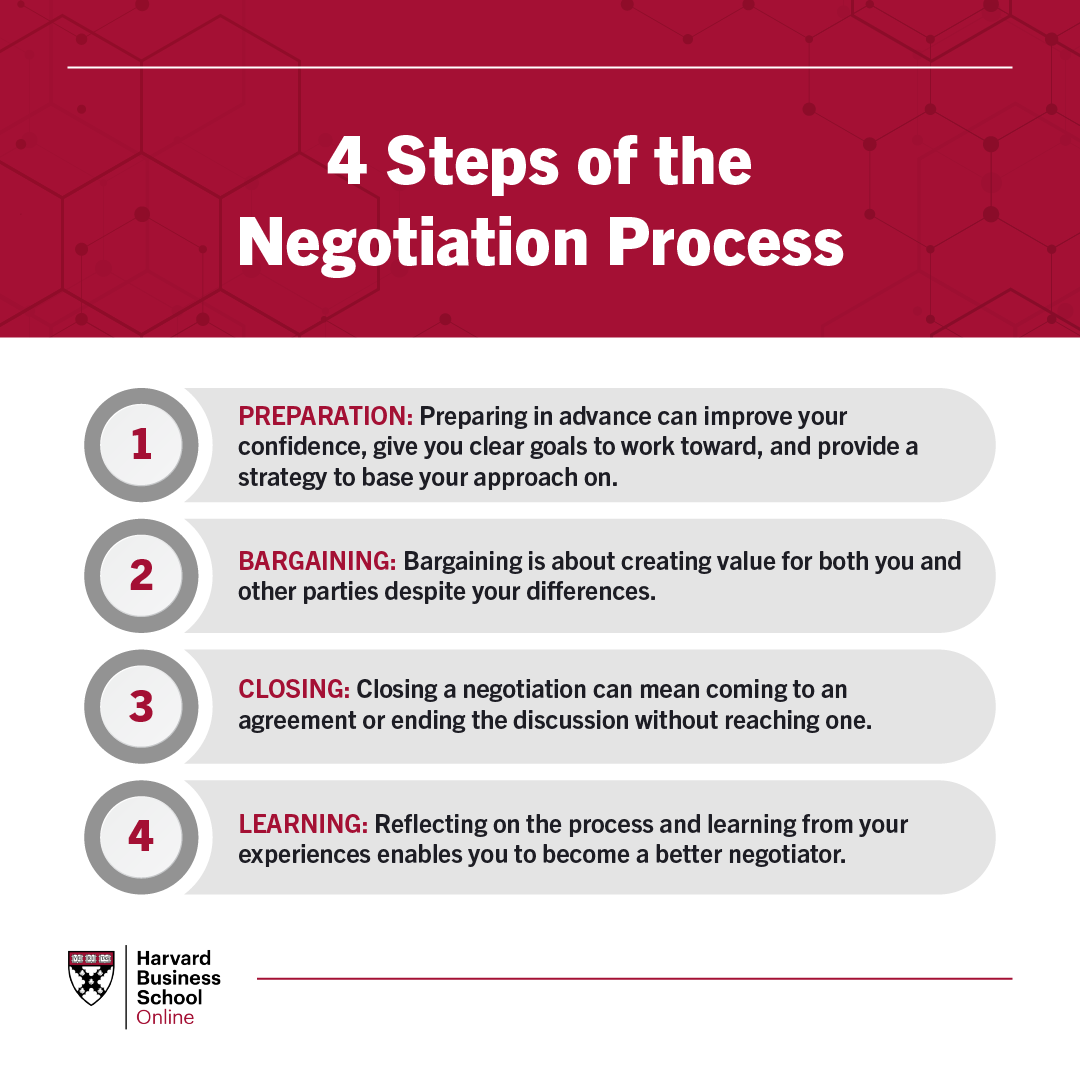
In the dynamic world of business, successful negotiations can mean the difference between sealing a lucrative deal and missing out on a golden opportunity. Imagine negotiations as a high-stakes poker game—every move counts, and the winner takes all. Whether you're a seasoned executive or a budding entrepreneur, mastering the art of negotiation is crucial. So, let's dive into the top tips for successful business negotiations that will transform you into a deal-making maestro.
Understanding the Art of Strategic Negotiations
Negotiation is more than just haggling over prices; it's a strategic dance that requires finesse, patience, and a deep understanding of your counterpart. Strategic negotiations involve setting clear objectives, knowing your limits, and being prepared to walk away if necessary. Think of it as a chess game—each move should be calculated and purposeful.
Set Clear Objectives
Before entering any negotiation, it's essential to define your goals. What do you hope to achieve? What are your non-negotiables? Having a clear vision will guide your decisions and help you stay focused. Remember, a negotiation without clear objectives is like a ship without a rudder—it's bound to drift aimlessly.
Know Your Limits
Understanding your boundaries is crucial. Determine your best alternative to a negotiated agreement (BATNA). This is your fallback plan if the negotiation doesn't go as expected. Knowing your BATNA gives you the confidence to walk away if the terms aren't favorable.
The Power of Persuasion Skills
Persuasion is the cornerstone of successful negotiations. It's not about manipulating others but about presenting your ideas in a compelling manner. Effective persuasion requires a blend of empathy, logic, and charisma.
Empathy: The Secret Weapon
Empathy is the ability to understand and share the feelings of another. In negotiations, empathy allows you to see things from your counterpart's perspective. This understanding can help you tailor your arguments to address their concerns and needs.
Logic and Charisma
Logic provides the backbone of your arguments. Present your case with facts, data, and sound reasoning. Charisma, on the other hand, is the spark that ignites interest. It's about being engaging, confident, and passionate about your ideas.
Mastering Conflict Resolution
Conflict is an inevitable part of negotiations. However, it's how you handle conflict that determines the outcome. Effective conflict resolution involves active listening, open communication, and a willingness to compromise.
Active Listening
Active listening is more than just hearing; it's about engaging with the speaker. Show genuine interest, ask clarifying questions, and summarize their points. This not only helps you understand their perspective but also builds rapport.
Open Communication
Transparency is key in conflict resolution. Be open about your concerns and expectations. Encourage your counterpart to do the same. Open communication fosters trust and paves the way for mutually beneficial agreements.
Enhancing Business Communication
Effective communication is the lifeblood of successful negotiations. It's about conveying your message clearly and concisely. Good communication skills can turn a tense negotiation into a collaborative discussion.
Clarity and Conciseness
Be clear and to the point. Avoid jargon and ambiguous language. Use simple, straightforward language to ensure your message is understood. Remember, the goal is to communicate, not to impress with fancy words.
Non-Verbal Cues
Non-verbal communication is just as important as verbal communication. Pay attention to your body language, tone of voice, and facial expressions. These cues can convey confidence, sincerity, and openness.
Practical Tips for Successful Business Negotiations
Now that we've covered the fundamentals, let's dive into some practical tips that can elevate your negotiation skills.
Preparation is Key
Preparation is the foundation of successful negotiations. Research your counterpart, understand their needs and motivations, and gather relevant data to support your arguments. The more prepared you are, the more confident you'll be.
Build Rapport
Building a positive relationship with your counterpart can significantly influence the outcome of negotiations. Show genuine interest, be respectful, and find common ground. Rapport builds trust and makes negotiations smoother.
Focus on Mutual Benefits
Negotiations should be a win-win situation. Focus on creating value for both parties. Look for common interests and find ways to meet each other's needs. A mutually beneficial agreement ensures long-term success.
Be Patient and Persistent
Negotiations can be lengthy and challenging. Patience and persistence are key. Don't rush the process. Take the time to listen, understand, and find solutions. Persistence pays off in the long run.
Conclusion
Mastering business negotiations is a journey that requires continuous learning and practice. By understanding the art of strategic negotiations, honing your persuasion skills, mastering conflict resolution, and enhancing your business communication, you can become a formidable negotiator. Remember, every negotiation is an opportunity to build relationships, create value, and achieve your goals.
So, are you ready to take your negotiation skills to the next level? Start by implementing these tips in your next negotiation. You'll be surprised at how much of a difference they can make.
FAQs
What is the most important skill in business negotiations? The most important skill in business negotiations is effective communication. This includes active listening, clear and concise speaking, and understanding non-verbal cues.
How can I prepare for a business negotiation? Preparation involves researching your counterpart, understanding their needs and motivations, setting clear objectives, and gathering relevant data to support your arguments.
What is the role of empathy in negotiations? Empathy allows you to understand and share the feelings of your counterpart. It helps you tailor your arguments to address their concerns and needs, making negotiations more effective.
How can I handle conflict in negotiations? Handling conflict involves active listening, open communication, and a willingness to compromise. Address conflicts openly and work towards mutually beneficial solutions.
What is the best alternative to a negotiated agreement (BATNA)? BATNA is your fallback plan if the negotiation doesn't go as expected. It gives you the confidence to walk away if the terms aren't favorable and helps you understand your limits.


By following these tips and continuously refining your skills, you'll be well on your way to becoming a master of business negotiations. Happy negotiating!
Posting Komentar